Can you hide from the internet? No, but not all is lost.
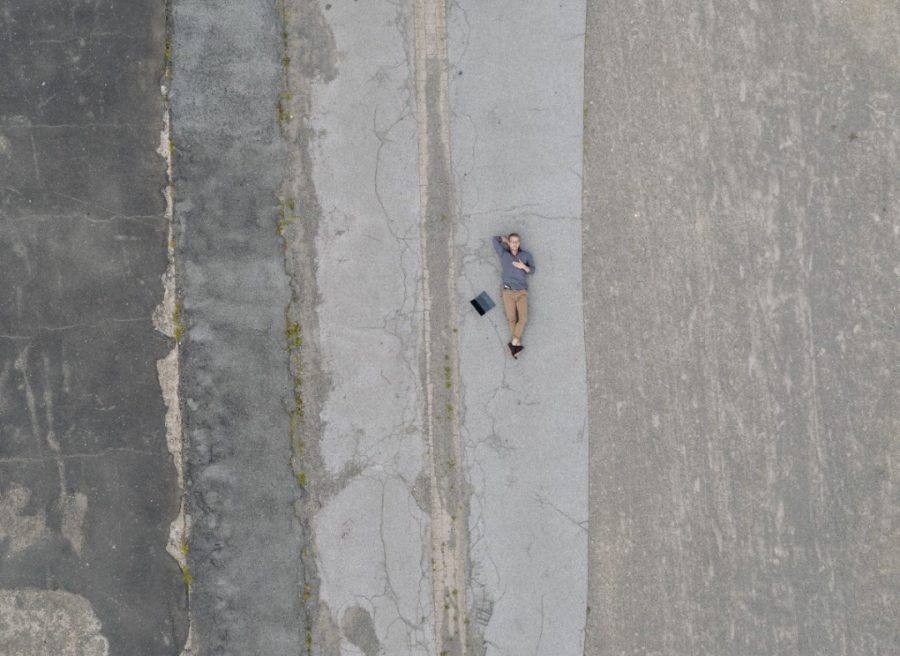
Original material
The quote attributed to Andy Warhol, 'In the future, everyone can become famous all over the world in 15 minutes' may have been reflected in our lives. True, in the era of the Internet, it should be used with the proviso that you will have to pay for it after experiencing at least 15 minutes of 'hell'. According to a study by the Pew Research Center, forty percent of adults in the United States have experienced bullying or bullying online, and two-thirds of them have seen the same happening to someone else. More than 60 percent consider the problem 'important'. Apparently, the rest have so far escaped such a fate.
Online bullying can take many forms. Maybe you are an almost perfect person and someone just decided to destroy your life over a controversy on Facebook. Maybe your dark past has surfaced and is being used against you. Maybe you posted something, to your taste, funny, or clever, or caustic, but you were wrong with your opinion. Maybe you broke up with someone and the former passion wants revenge and sends your photos in negligee to the employer and to the editorial office of the local newspaper. Maybe you were just sitting on an airplane, and someone was sitting behind you with a camera and a passionate desire to 'blow up' the Internet.
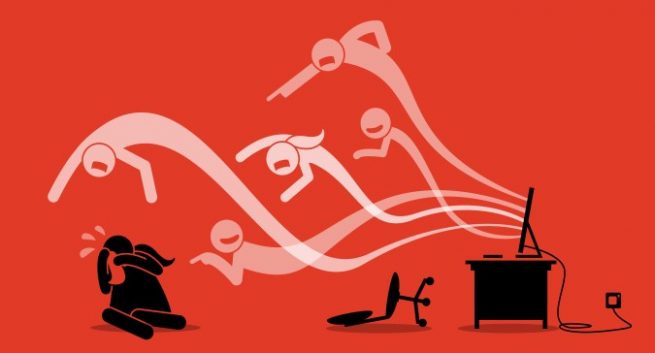
Be that as it may, this must be approached with all seriousness. “The effect of internet communication is very strong in our psychological state,” said Paraskevi Knowles, MD and clinical assistant professor of psychiatry at Langone Medical Center in New York. “I would say that the line between online life and real life is quickly blurring, especially when it comes to the younger generation, whose social activity is often intertwined with the presence on social media networks and the Internet in general.”
Online behavior is highly indicative of group behavior, especially in terms of aggression, prejudice and convention, says Knowles. But it is, in fact, much worse, because it is easier for offenders to hide their identity. The result is a depersonalization effect, which makes attacks less realistic to the attacker. Of course, this happens more often online.
Лейла Сэйлс, автор подросткового романа 'If You Don’t Have Anything Nice to Say', прочувствовала на себе эффект интернет-толпы, эффект версии 1.0 в период студенчества: однокурсник решил использовать доску в комнате внеклассной деятельности – реальный прототип Facebook – for bullying her. “Months of nightmares began, an endless parade of shame,” says Sales. Back in the early days of the internet, the experience didn't haunt her all her life, but inspired a recent book in which a journalist sees a racist tweet from a spelling contest champion and circulates it online. The character is beside herself with rage over what happened, while at the same time she struggles with the fear that she is actually such a terrible person that she deserves public humiliation. “It’s the feeling that you have no moral compass, that you can offend, even unintentionally.”

Sure, there are those who behave badly online and others who appear in front of an angry crowd for no obvious reason, but most people are somewhere in between. 'If you do something that attracts a lot of attention, even if it is from a good point of view, then when it becomes available to a large number of people, you will get a lot of angry responses. The more people he sees, the more he will hate. '
Can you hide from the internet? You can live outside of this system and outside of civilization, which is actually quite difficult, and then, perhaps, someone will find you and write a viral article about you. You can 'tie up' for a certain period of time, but as soon as you publish an article about it, you will be back on the Internet again. There are also smaller upstream steps, such as deleting apps from your phone's memory or quitting when they start to cause stress or anxiety. Alternatively, download a social media blocker, such as Freedom or SelfControl, and try to use them to the fullest. “You’ll think about how you use the Internet and why you went online,” says Knowles. In practice, this is much more difficult than it should be.
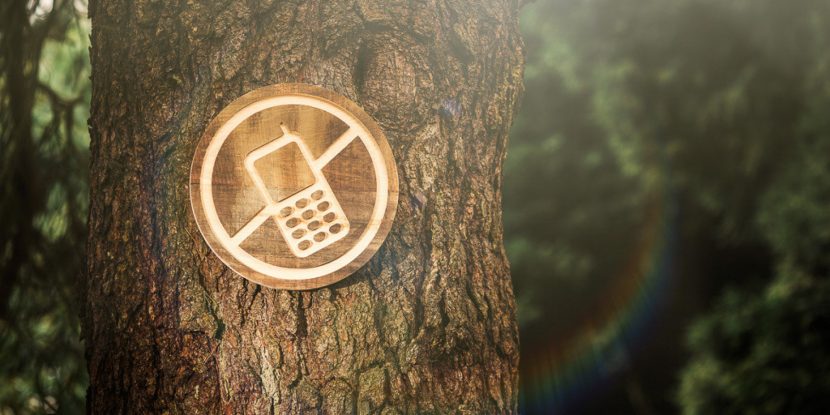
All indications are that we have to learn to live with it. Knowles: “There are people who use the Internet minimally and are quite happy with their lives and function well every day. Be that as it may, the likelihood of this trend 'life' is small, given the speed of technology spread in every aspect of our lives. Instead of giving up completely, I would rather focus on the internet, TV or video game break system. '
In response to the growing problem of online attacks, services have emerged to help in the event of a crossfire. Reputation preservation companies like BrandYourself are helping to create positive Google search results with the aim of burying history under the rubble of time. You can view the result of a search for your name on the Internet on the company's website, which is no less terrifying than familiarity with your credit history. Privacy-protecting services (like DeleteMe) work to remove your personal information from the archives of online information brokers who collect and sell it. These are people who will help you fight harassment, avoid hordes of trolls, and restore a sense of security to the world. Liz Lee, founder of Online SOS, started her company after being harassed on the Internet herself. The service initially provided free mental health rehabilitation services. Since then, the company has switched to 'inspiring people to fight online harassment' with a list of resources that can help in times of crisis or repercussions.
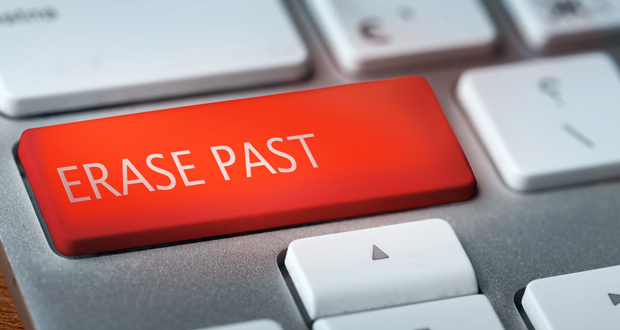
I asked Lee if it was possible to 'get away' from the internet. The answer is when how, options are possible. Lee: “We could see that for people who rely on the Internet to build their professional reputation, to promote their work, to spread their message, this is not possible. We also had clients who may not need it, but it is their target audience. Leaving such groups can be traumatic as psychologically as bullying. ' The question is not whether you can do it, but whether you really need to.
There is also a legal side to the issue, at least in the EU there is a law. According to the right to be forgotten by the European Court of Justice in 2014, residents of the EU countries, as well as Iceland, Norway, Switzerland and Liechtenstein, can ask search engines to remove links containing personal information about them if the mentioned material is' inaccurate , unsuitable, irrelevant or unduly exceeds the purpose of the data processing '. In February 2018, it was reported that Google had received approximately 650,000 such requests to remove 2.43 million addresses since 2014. About 43% of such addresses were removed.
According to a Benenson Strategy Group poll, 9 out of 10 American respondents want to exercise the right to be forgotten. The problem is that in America this idea clashes with strong beliefs about freedom of access to information and the right to free speech. The Internet, in which something is constantly being deleted, will not be greatly appreciated, some say, and who dares to rewrite history? The relevant bill has been submitted to the New York Senate, but since Senator Tony Avella removed it from his agenda, the bill is practically 'dead'. In any case, such a law will not save you from problems. Lee: “In the end, nobody deserves threats and attacks on the network.”
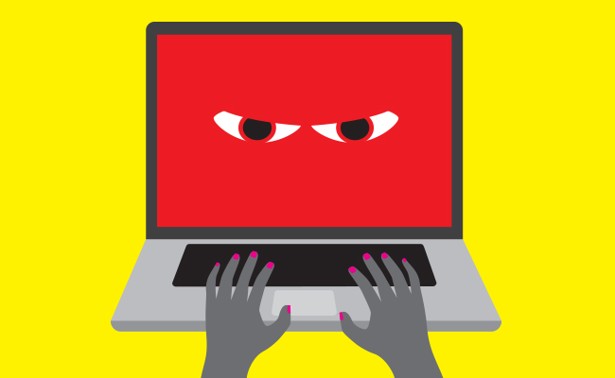
Another problem is that we have not yet gone that far along the arc of the Internet. Sales: 'It was very difficult for me to write the second half of my book. I didn't have any models to describe the concept of atonement. To do this, I relied 100% on the study of Monica Lewinsky's case. What happened to her left an indelible imprint on who she is today, but she was able to turn it around with a positive result for herself. I think she was the only one of them who figured out how to do it. It took her 20 years. '
A good example: can such a future be positive? This may not be the way out that we need, but this is a change. Once everyone has experienced their 15 minutes of fame and the accompanying 'hell', the playing field will level out, making us a little more human, even online. Lawyers are already working to make this space better for all of us. This is affecting more and more people, and we must join them. “Similar to the #metoo movement, the more people promote secure online interactions and the more federal projects are created in this aspect, the better,” says Knowles.
I think the internet is more poisonous than ever. We live in a country of total surveillance, people record every step, their own and that of other people. I believe that there will be norms by which people stop behaving this way. Otherwise, we will live in a dystopia.
By Jen Doll
So far, dystopian scenarios are massively presented only as elements of science fiction, but nevertheless, we can already observe their emergence now. Silently, the network manifestation of a person's personality – or rather, the protection of this entity – has already generated a rather sharp and controversial bill.
Of course, I do not consider giving up the Internet a way to deal with online “gopniks”, you need to develop a firm position or try to avoid potential conflicts, here in fact the situation is similar to real life. And this is precisely the advantage of the younger generation: from an early age they can comprehend much that was given to us by trial and error in a more conscious age, when many of us first comprehended the web. Do you think potential initiatives against digital bullying in Russia are a useful trend or a copy of Western thinking?
